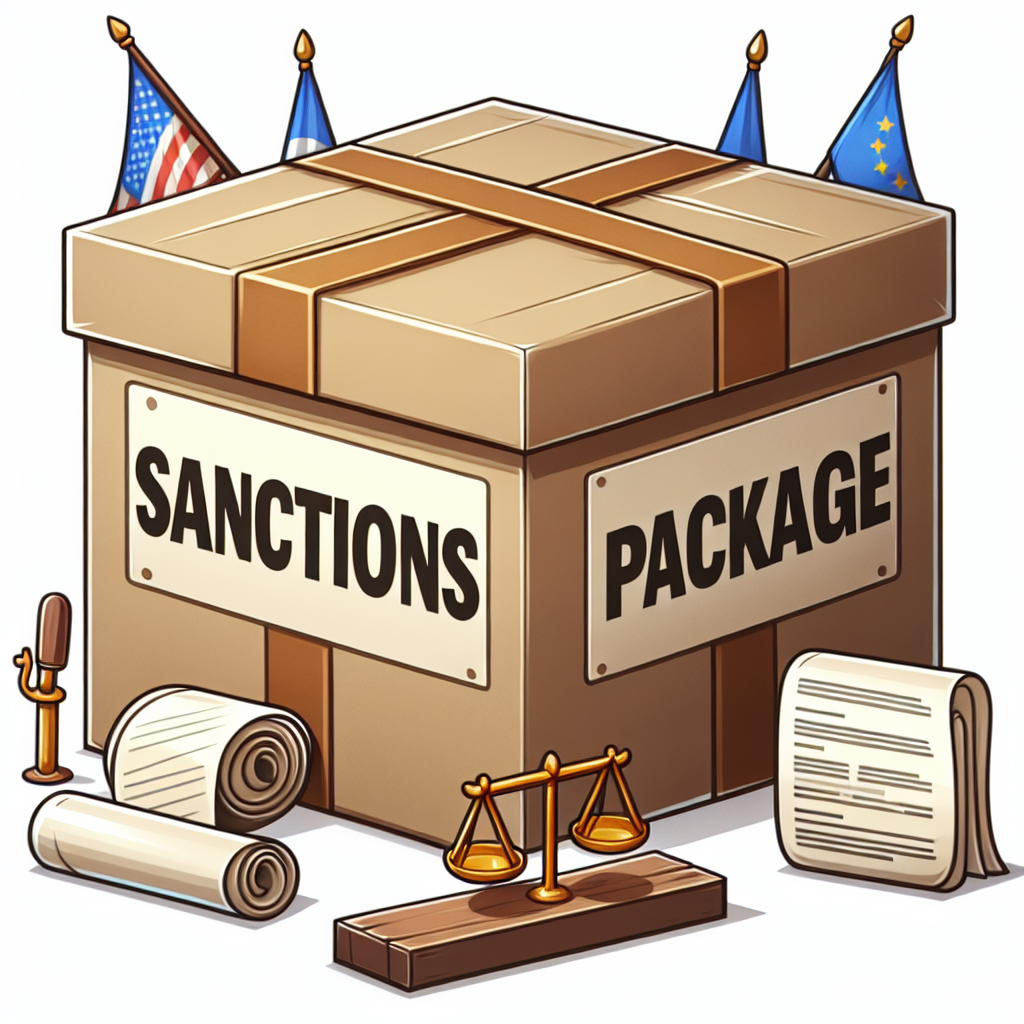EU's 18th Sanctions Package Tightens Grip on Russian Oil
The European Union approved its 18th sanctions package targeting Russia's oil and energy sectors, aiming to curb Moscow's energy revenues. Key measures include a lower price cap on Russian oil, bans on oil-related financial transactions, and restricting access to the EU for ships linked to Russia.

The European Union has unveiled its 18th round of sanctions against Russia, with a particular focus on crippling the nation's oil and energy industries. Central to this package is a revised price cap on Russian oil, set to be at least 15% lower than its average market price. This reduction is intended to bleed Russia of vital energy revenues while avoiding major disruptions in the global oil supply.
The EU's decision comes amid resistance from its counterparts, such as the United States, in lowering the existing cap of $60 set by the Group of Seven major economies. Though debated, the move reflects the EU's determination to press forward with restrictions despite limited enforcement capabilities, stemming from the predominance of the US dollar in oil trading.
Apart from imposing new price caps, the EU will stop importing petroleum products derived from Russian crude and has broadened its sanctions to target financial transactions with Russian banks and entities linked to the nation's shadow fleet of oil tankers. In addition, key financial institutions within Russia, including the Russian Direct Investment Fund, will face further restrictions, aiming to limit Russia's access to global financial systems.
(With inputs from agencies.)
ALSO READ
Saudi Arabia and Indonesia Forge $27 Billion Agreements on Energy and Trade
Pace Digitek Unveils Cutting-Edge Facility for Battery Energy Storage Systems in Karnataka
IFL Enterprises Ventures into Green Energy and Organic Waste Management
Transforming Transit: Himachal's Green Energy Vision in Action
Ethiopia's Grand Ethiopian Renaissance Dam: A New Era in Energy and Diplomacy










